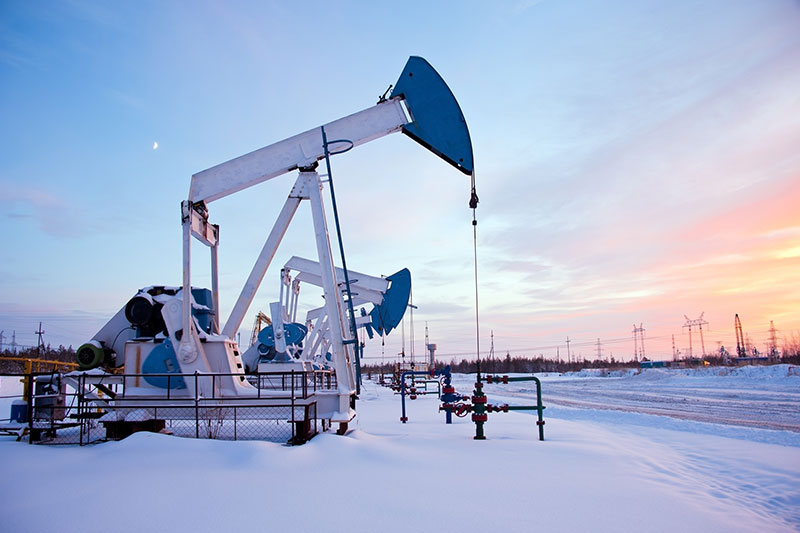The decades-long debate over how to use the resources tied up within the Arctic National Wildlife Refuge (ANWR) has finally been settled. A companion bill to Trump’s tax reform contained a key provision, to supercharge America’s search for true energy independence.
The measure passed the House in a 224-201 vote, after the Senate passed the particular provision as part of their version of tax reform. Now, the ANWR is open to oil and natural gas exploration. Unsurprisingly, no Democrats supported the measure, and 12 republicans even jumped ship to support the democrats in their opposition to energy independence.
As the President passes the bill, the leaders from Alaska, Republicans and the oil industry giants would have achieved a long-term goal which presents itself on the top of the nation’s energy priorities.
“Some people have been working here since I was in the second grade on this project,” Speaker Paul Ryan said, pointing to Representative Don Young, the longest-serving member of Congress, who had originally made ANWR drilling his priority ever since he had arrived in 1973.
“After decades and decades in this chamber, we are opening up a small non-wilderness area of the Alaska National Wildlife Refuge for responsible development. That is the most ambitious step we have taken in years to secure our own energy future,” Ryan continued.
In his interaction with the reporters President Trump also said, “We’re going to start drilling in ANWR, one of the largest oil reserves in the world, that for 40 years this country was unable to touch. That by itself would be a massive bill.”
“They’ve been trying to get that, the Bushes, everybody. All the way back to Reagan, Reagan tried to get it. Bush tried to get it. Everybody tried to get it,” he had continued. “They couldn’t get it passed. That just happens to be here.”
Though the legislation is good for energy sector, it also signals a major defeat of environmentalists. Addressing this dynamic, Senator Lisa Murkowski, Chairwoman of the Energy and Natural Resources Committee, said on the Senate floor, “This is an area … that contains an estimated 10.4 billion barrels of oil. We know we that can produce it safely. We know that we are going to need this oil in the years ahead. The reality is is that world oil demand is rising, it is not falling. We need to bring more supply online, and we need to open up our most prospective areas. So, again, when we have a small area that has enormous potential, why, why would we continue to deny that opportunity?”























